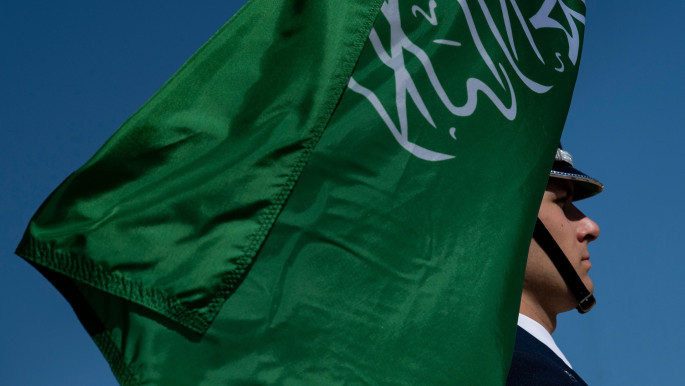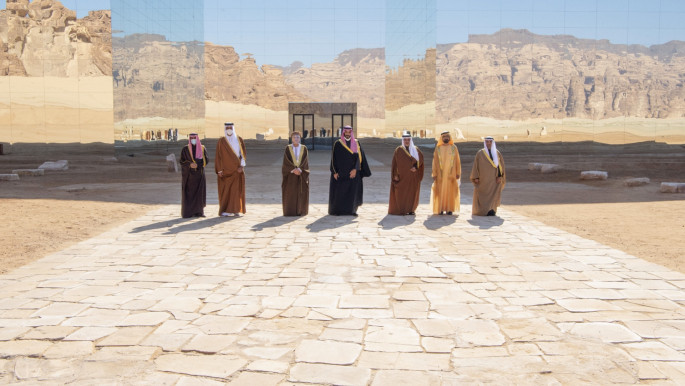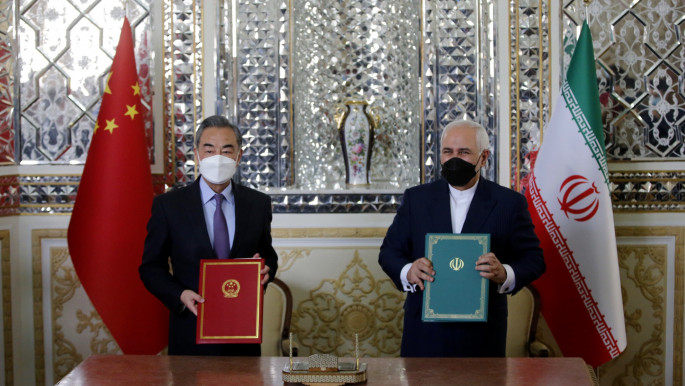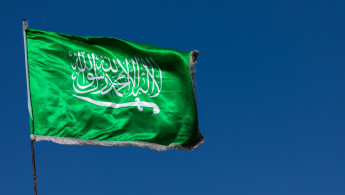Detente in Baghdad: Could Saudi-Iran talks finally defuse the region's biggest rivalry?
The focus was mainly on the war in Yemen, Iran's nuclear program, and the situation in Lebanon.
Ali Shamkhani, the Secretary-General of the Supreme National Security Council in Iran, authorised certain officials to attend as representatives of the Islamic Republic. Khalid bin Ali al-Humaidan, Saudi Arabia's intelligence chief, led the Kingdom's delegation representing his country.
Eleven days after this round of talks, Tehran's ambassador to Baghdad stated that his government welcomes Iraqi efforts to mediate between Iran and its Arab neighbours in the GCC. But he did not confirm that these Iranian-Saudi talks in the Iraqi capital even occurred.
The ambassador made the remarks only one day after Iran's Foreign Ministry Spokesman Saeed Khatibzadeh stated that Tehran "has always welcomed dialogue with the Saudi kingdom and sees it as beneficial to the people of both countries and regional peace and stability."
Yet neither did the Iranian foreign ministry confirm that these talks took place in Baghdad. A second round of Iranian-Saudi talks in Iraq is reportedly planned in the coming weeks.
 |
Until this month, no serious dialogue between Tehran and Riyadh had taken place since the crisis of January 2016, which resulted in Iranian-Saudi diplomatic relations being severed |  |
Although as of now it is unclear what will come of these talks, experts do not expect major changes in Iranian-Saudi relations any time soon. But the talks merely happening is positive. Until this month, no serious dialogue between Tehran and Riyadh had taken place since the crisis of January 2016, which resulted in Iranian-Saudi diplomatic relations being severed.
In the interest of decreasing the volume of tension in the Middle East, all parties could work to encourage more dialogue between the Islamic Republic and Saudi Kingdom.
 |
|
| Read more: Reset or rupture: What lies in store for US-Saudi ties? |
"If Saudi and Iran can engage in dialogue and act together to resolve issues, it can be a model for further peaceful gains in the region," said Dr. Assal Rad, a senior research fellow at the National Iranian American Council, in an interview with The New Arab.
"The best way towards an architecture for regional security is through joint efforts. Though there may be serious differences, ultimately both states will also be served better if the region sees de-escalation and more cooperation."
Saudi Arabia's motivations
For Riyadh, engagement with Iran could stem from Saudi concerns about the new leadership in Washington decreasing its commitment to defending the Kingdom's security.
Also, this month there have been indirect talks between the US and Iran regarding the 2015 nuclear deal which have been taking place in Vienna through the other countries which are Joint Comprehensive Plan of Action (JCPOA) signatories. Even though Riyadh does not want the accord to be reconstituted, the Saudis are preparing for this scenario and thus the Kingdom's leadership realises how dialogue with Tehran is worth pursuing.
 |
Though there may be serious differences, ultimately both states will also be served better if the region sees de-escalation and more cooperation |  |
"Reports that Saudi and Iranian representatives may have engaged in backchannel dialogue in Baghdad is consistent with a similar outreach in the aftermath of the September 2019 missile and drone attacks on Saudi oil infrastructure, when Saudi officials were alarmed by the lack of an overt US response by the Trump administration and quietly reached out through intermediaries to de-escalate regional tensions," explained Dr. Kristian Coates Ulrichsen, a Middle East fellow at Rice University's Baker Institute for Public Policy.
"It may be that similar concerns that the Biden administration may disengage from the region is prompting the reported outreach this time, and the choice of Iraq as the mediatory partner and venue would make sense for both parties, Saudi and Iranian," he added.
 |
|
| Read more: How the GCC reconciliation deal could reshape the region's power balance |
Ultimately, Saudi Arabia's engagement with Iran needs to be understood within the grander context of Crown Prince Mohammed bin Salman (MBS) taking less bellicose and more pragmatic approaches to regional issues now that Biden is at the helm in Washington. Saudi Arabia's lifting of its blockade of Qatar, the release of some political prisoners, and the ceasefire offer made to the Houthis last month all highlight this shift in MBS's foreign policy decision-making now that Trump ceases to lead the US.
With a new American president who is not going to give the crown prince the same blank cheques that Trump did, MBS seems to be taking a series of actions to win over the new US administration and that includes talks with Iranian officials in Baghdad at a time in which Biden's team is also working to engage Tehran.
 |
For Riyadh, engagement with Iran could stem from Saudi concerns about the new leadership in Washington decreasing its commitment to defending the Kingdom's security |  |
Iraq's mediation efforts
Iraq's Prime Minister Mustafa al-Kadhimi, who met with MBS in Riyadh last month, requested these Iranian-Saudi talks. This is not surprising given the extent to which the leadership in Baghdad sees a de-escalation of tensions between Iran and Tehran's regional/global adversaries as beneficial to Iraqi interests.
Iraqi officials do not want their country bearing the brunt of the geo-sectarian rivalry between Iran and Saudi Arabia any longer, just as Baghdad did not want the US's "maximum pressure" campaign to spiral out of control. Any war involving Iran would almost inevitably result in Iraq being one of the areas where the violence and destruction take place.
 |
|
| Read more: How America's 'maximum pressure' on Iran made China a winner |
An important priority for Iraq's government is to maintain positive relations with all neighbouring countries, including Iran and Saudi Arabia. Baghdad realises that doing so is necessary for achieving peace, stability, and prosperity in Iraq. Within this context, Iraq sees the path toward a brighter future through a lowering of temperatures in its neighbourhood, which requires a healthy dialogue between Tehran and Riyadh.
But can Iraq become a successful mediator between the Iranians and Saudis? Given that the weak Iraqi state has no shortage of grave internal challenges – such as remnants of the Islamic State (IS), an economic crisis, Covid-19, and corruption, among others - to address, it is fair to question Baghdad's capacity to effectively serve this regional role. At the same time, there is no reason to conclude that Iraq has sufficient leverage over either Iran or Saudi Arabia to significantly alter the behaviour of either neighbour.
Although Baghdad's ability to succeed as a mediator and promotor of constructive dialogue between Tehran and Riyadh might be questionable, Iraq's diplomatic efforts will likely accompany those of other countries, such as Kuwait, Oman, Qatar, or Russia, that share Baghdad's interests in lowering the volume of tension in Iranian-Saudi relations.
To wind down the conflict in Yemen along with others in the region, it would behove the Biden administration to back up Iraq's government as it seeks to play a bridging role between Tehran and Riyadh. If Iraqi diplomats and others in the region can succeed on this front, the entire Middle East would be better off.
Follow him on Twitter: @GiorgioCafiero



